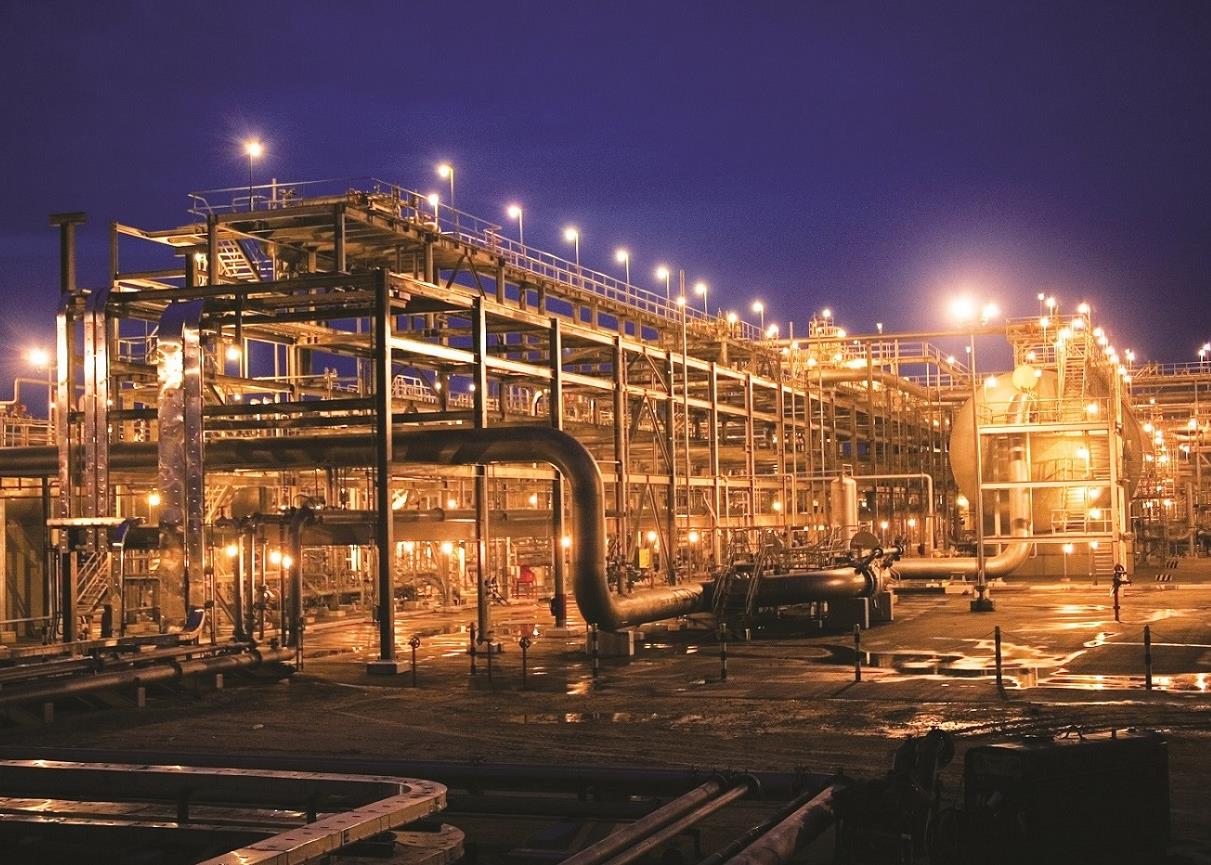
Power demand growth to average 8 per cent until 2019
GCC governments need to invest more than $137bn in new power generation and desalination capacity by 2020 if they are to meet the region’s rising levels of demand, according to a new report by MEED’s research arm MEED Insight.
High power and water demand growth will remain a feature of the GCC utility market for the foreseeable future due to rising population, and increasing rate of industrialisation and an improving economic outlook, MEED Insight says in its Power and Desalination in the GCC report, which was released on 29 March.
Power demand growth is forecast to average about 8 per cent across the GCC over the next decade, with Abu Dhabi projected to have the highest growth rate of 11 per cent, due in part to increased exports to the UAE’s northern emirates.
Desalination demand growth will be slightly lower at 7 per cent a year up to 2019 although in Oman, where the government is looking to limit groundwater extraction, the rate is expected to be about 13 per cent a year.
The high rates of growth leave the GCC in need of a significant capacity building programme. Installed electricity generating capacity will have to more than double to 185,000MW in 2019, up from 88,000MW in 2009, if the region’s utilities are to meet the demand and have reserve margins – excess capacity which allows them to cope with peak demand – of 15 per cent.
Desalination capacity will need to increase by 90 per cent to 5,550 million gallons a day (g/d), up from 2,950 million g/d in 2009.
Based on 2009 unit costs, the power sector will require $117bn of investment in new generating capacity by 2019 and some $20bn in desalination. However, the actual cost may well be higher given both Kuwait and Saudi Arabia’s need to replace old capacity.
A decade of rising power demand has resulted in the power reserve margin narrowing across much of the GCC. Kuwait is in the most precarious position, the MEED Insight report says, with capacity exceeding demand by just 300MW in the summer of 2009. In contrast, Abu Dhabi had a reserve margin of almost 25 per cent in the same year, despite exporting more than 1,000MW to other UAE states.
The private power and desalination market will pick up on the back of a recovery in the project finance sector after a significant slowdown in 2009, the report says. Both Kuwait and Dubai are looking to join the rest of the GCC in launching their own independent water and power projects (IWPPs) in 2011, which looks set to be the busiest year on record for the private developer market.
Meanwhile, the tightening availability of gas feedstock is the most pressing issue facing GCC utilities. The supply shortage has already seen a significant hike in the cost of electricity production in much of the GCC, as utilities turn to liquid fuels to plug the gap.
You might also like...

Aramco allows more time for MGS package revised prices
18 April 2024

Morocco tenders high-speed rail project
18 April 2024

Egypt resumes power cuts
18 April 2024

Petrofac awards carbon capture sub-contract
18 April 2024
A MEED Subscription...
Subscribe or upgrade your current MEED.com package to support your strategic planning with the MENA region’s best source of business information. Proceed to our online shop below to find out more about the features in each package.




